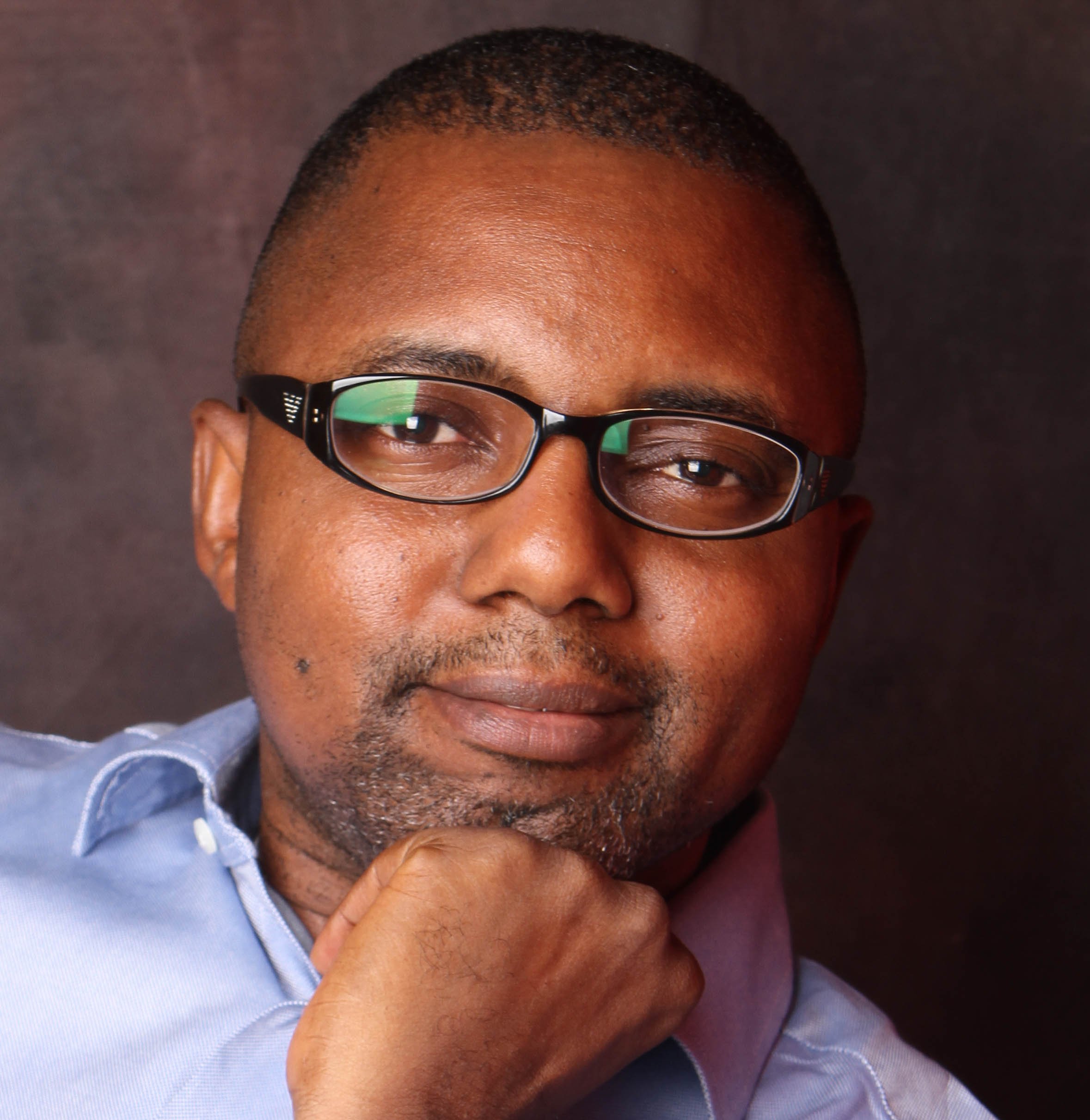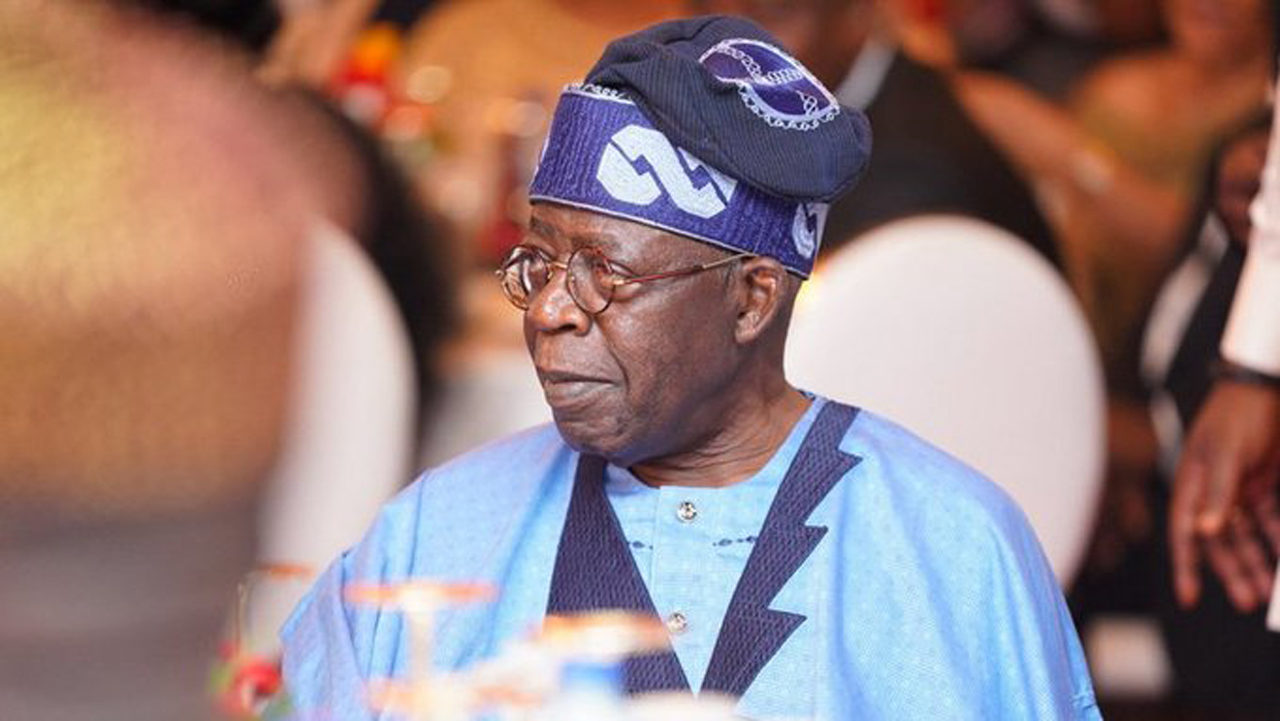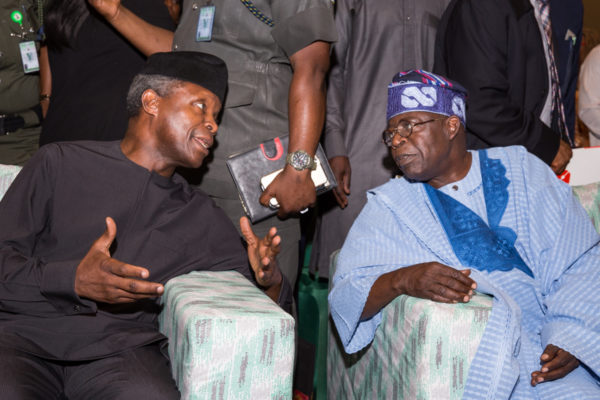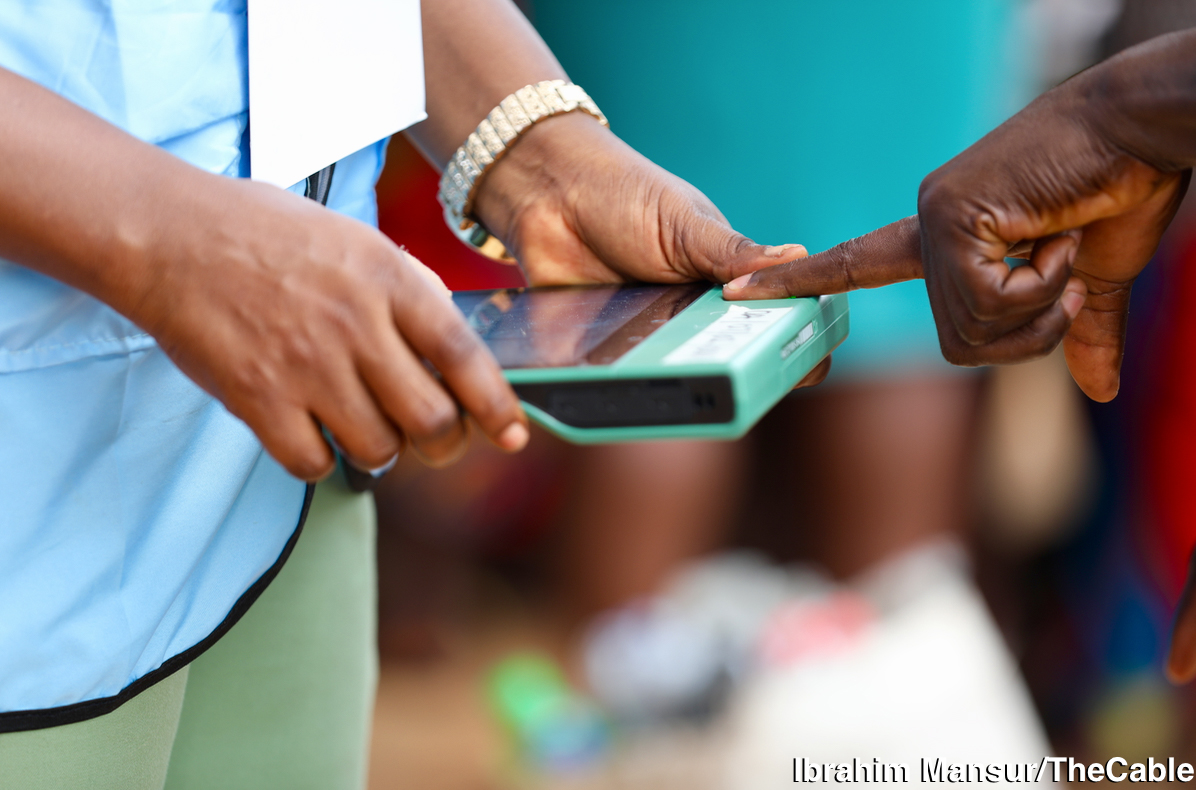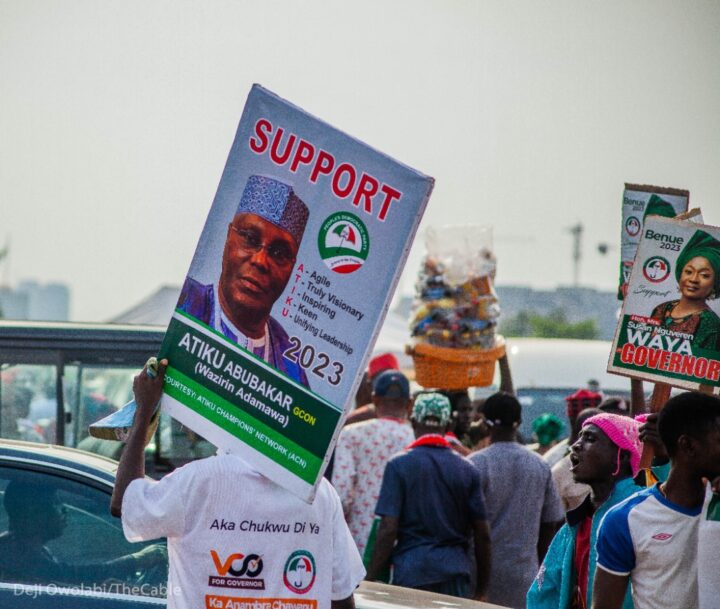The announcement, last week, did not come as a surprise. For over the past few years, it had become increasingly clear that Bola Ahmed Tinubu, (BAT to his numerous admirers, amongst other nicknames), was focused on making a run for the presidency of Nigeria. The annual colloquiums on his birthdays, the serial press statements on critical national issues, the presence and comments at important political events, the support for a long list of political contestants and appointees, the stream of visitors and broadcast of same when he was convalescing in a foreign land, the launch of various political action and support groups, all pointed to a man who was gearing up for the big prize come 2023.
Now that he has effectively announced to the nation that he will be in the race, the polity has been in full overdrive. Social media platforms, from Facebook to Twitter, have been full of arguments for and against his candidacy. Key players in the polity, in and out of government, are venturing opinions on his announcement and plans. No one seems neutral – it’s either for or against. This brings to mind the comment of Ibrahim Babangida, then military president of Nigeria, in 1986 that Obafemi Awolowo was the only issue in Nigeria’s politics and everyone was either for him or against him. Without necessarily comparing the unforgettable Awo with BAT, that statement of IBB rings true for Tinubu in Nigeria’s fourth republic. He is one man that divides the country down the middle, a reality that will be increasingly clear in the months ahead.
As Tinubu commences the journey, waiting for him along the way are a number of steep hurdles that he will have to hop over to get to his stated destination. These hurdles are not only steep but demanding, each with the ability to upend his ambition. Taken together, they form a deadly brew that will make his ascension a near impossibility. A cursory review of the major ones will show why.
First on the long list is the religious question. Owing to the nature of the religious division in the country, and since the beginning of the fourth republic, there has been an unwritten rule that the presidency is alternated between Muslims and Christians. Olusegun Obasanjo, a Christian, was succeeded by Umar Yar’Adua, a Muslim, who in turn was followed by Goodluck Jonathan, a Christian. The current president, Muhammadu Buhari, being a Muslim, is expected to be succeeded by a Christian. A Tinubu presidency will upend this arrangement. Though married to a Christian, and from a part of the country where religion is of limited political consideration or value, the overall national view of his candidacy by many Christians across the country will be dim. This is a challenge that he has to overcome. Luckily for him, he has the experience of Moshood Abiola, a southern Muslim who won the annulled June 12, 1993, elections, to learn from.
Advertisement
The next hurdle is the governors. Again, the history of Nigeria’s fourth republic is filled with the increasing assertiveness of governors in national affairs. They formed the Nigeria Governors Forum (NGF) an association of reigning governors complete with administrative structure and backbone. They formed replicas of the NGF in their political parties, thus giving us names like the APC Governors Forum and the PDP Governors Forum. They are the acknowledged leaders of their parties in their states, with powers to decide the delegates who represent their states at the national conventions of their parties where the presidential candidate will be chosen. In addition, the chairman of the NGF is now considered very important and the occupier has a prominent position in the national order of protocol.
Aided by their outsized leverages, governors increasingly play critical roles in deciding Nigeria’s president. In doing so, they have often made clear that they prefer one of their own to take the position and, failing that, someone they implicitly trust and support. They quickly coalesced around the candidacy of Yar’Adua, then the governor of Katsina state in 2007. When Yar’Adua died and his deputy, Goodluck Jonathan, a former governor, succeeded him, they ensured that another of their mates, Namadi Sambo, the governor of Kaduna state, was appointed as the vice president. The question for Tinubu is how much leverage, trust, and support he can muster amongst the current governors. His relationship with Kayode Fayemi, the chairman of the NGF is, at best, tepid. Indications are that Fayemi, a former close ally of Tinubu, also covets the presidency. There also remains some residual yet strong ill-feeling amongst the governors over the role that Tinubu played in denying the immediate past governor of Lagos state, Akinwunmi Ambode, a shot at a second term in office. These and much more make the governors a difficult hurdle that Tinubu will have to find a way to jump over in his presidential bid.
The point about Akinwunmi Ambode leads also to another group, the group of former allies of Tinubu. This is an amorphous bunch of people who, in the course of their political careers, have had a close relationship with him and eventually fallen out. They range from current and former political office holders (governors, ministers, commissioners, special advisers, etc) to current and former party bigwigs (including his long-term opponents in the Yoruba socio-political group, Afenifere). Many of them owe their rise to political prominence to him and, conversely, heap the blame for their fall or stagnation to his lack of, or withdrawal of support. They know him well – his strengths and weaknesses – and will be arrowheads of the opposition to him. How well can he persuade some of them to return to his fold? How effective will his responses be to their strident opposition to him? We will find out in time.
Advertisement
Another group to consider, and a very critical one, is the vice president’s group. These are the supporters of the vice president, Yemi Osinbajo. Though the VP has yet to declare his intentions, what is quite clear is that he enjoys support from a wide range of stakeholders. These include key personnel in the current administration who see him as best placed to continue with the policies and programmes of the government that he is a part of. Others are the aforementioned Christian group of which the VP, by virtue of being a pastor in one of the biggest churches, the Redeemed Christian Church of God, is a prominent member; and the former allies of Tinubu. The key question though is whether the VP will step forward and make a run for the presidency in direct opposition to the man to whom he owes so much on the political front. It is perhaps the most significant unknown in this election cycle.
Away from the groups, several questions around Tinubu the man, questions that have dogged him for years, will return to the front. These include his sources of wealth; his cloudy academic history; the exact state of his health (after Yar’Adua and Buhari, Nigerians are justifiably wary of having another president who is not in robust physical and mental health); and his evolving position on several national issues including restructuring, state police, cattle grazing, and fiscal independence. These are questions for which clear and unambiguous answers will be required as his campaign hots up.
Finally, there is the question of equity. Is it equitable for a Tinubu from the south-west, or indeed any south westerner, to seek the presidency when the south-east is the only geo-political zone in the south that has yet to produce the president in the fourth republic? This question is one that the APC (and not just Tinubu) will have to deal with in the next few months. The party has made very limited electoral incursions into the south-east and may well find it difficult in picking a presidential candidate from the zone. Yet, equity demands that the south-east is given preference in the choice of the next president.
Overall, what is clear is that a Tinubu presidency will not materialise easily. So much will have to go right for him, within and outside of his party. A lot of hard work awaits him, the hard work of gathering delegates across the states, the hard work of winning support from critical stakeholders, the hard work of putting forward policies and programmes that will resonate with most Nigerians, and many more. Can Tinubu, despite all the hurdles and minefield before him, get to the promised land? In the full knowledge that nothing is impossible in Nigeria, the smart answer will have to be a “yes”.
Advertisement
Adetayo, a communications executive, is a commentator on national and international affairs
Views expressed by contributors are strictly personal and not of TheCable.
